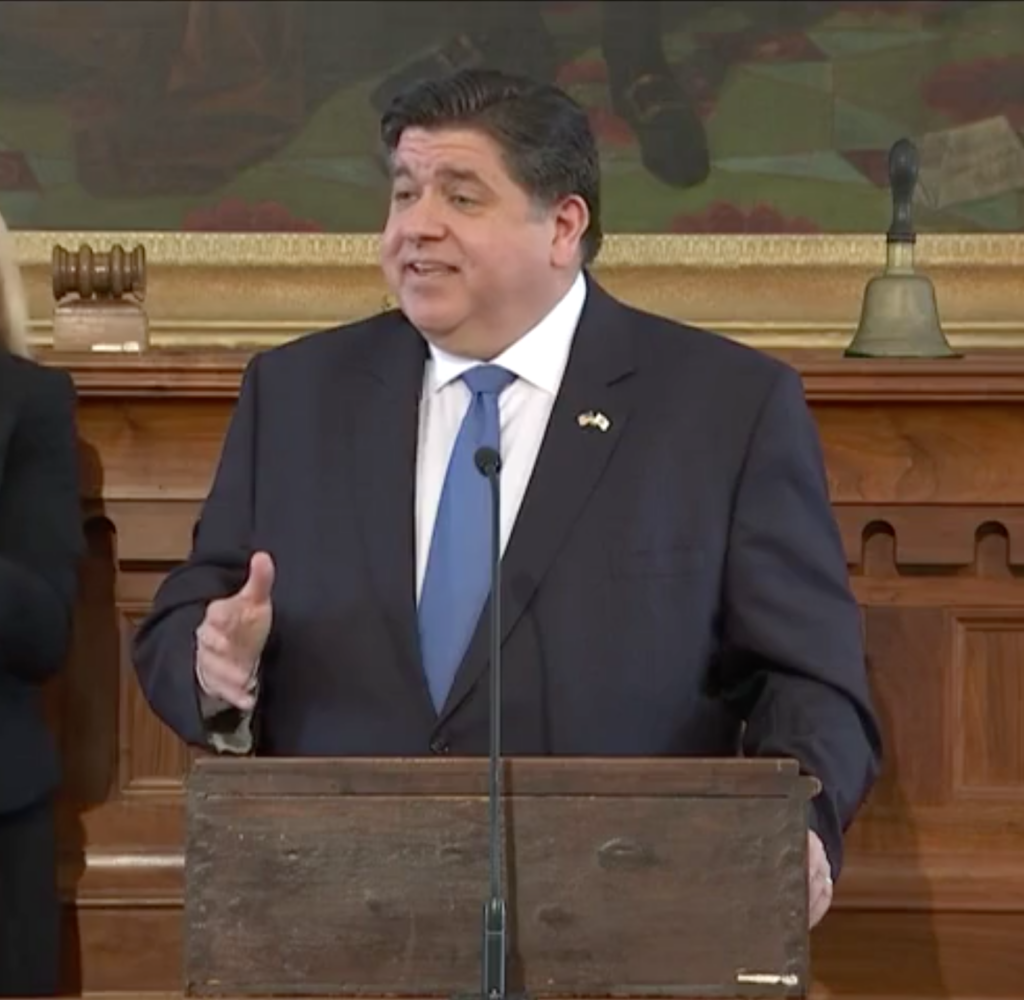“The measure of any society is how willing we are to care for those who need us.”

Today in Springfield, Governor Pritzker began his 2022 Budget Address and State of the State with this statement from Margaret Mead, noting that this ethos has guided him and his administration as they have governed through the ravages of the pandemic.
The Governor’s proposal for the Fiscal Year 2023 budget strives to “protect the most vulnerable” and, on many fronts, it does just that. We understand that Illinois’ fiscal outlook continues to improve. With that positive direction, Illinois should look at this moment as an opportunity to invest in our lowest-income residents, particularly individuals and families who experience housing insecurity.
The budget proposed by Governor Pritzker includes flat funding for most homeless and housing line items. If we are a state that truly centers our policies and priorities on the most vulnerable and addressing inequities, we must make substantial, long-term funding increases to meet the scale of the problem. The pandemic exacerbated an existing homelessness crisis, and while the state stepped up to meet the moment as the pandemic impacted people without homes, we must not step back now. Rather, Illinois should build on the lessons we have learned over the past two years and deepen our investments.
We are hopeful that the Illinois Interagency Task Force on Homelessness and Community Advisory Council and its accompanying State Plan to End Homelessness, which is to be released in March, will propose the type of investments Illinois needs to permanently reduce and eliminate homelessness and those proposals are included in the final FY23 budget. And while the American Recovery Plan funding Illinois has received is time limited, it provides an excellent opportunity to immediately act on new and existing solutions and allows time to look to other revenue sources to sustain and grow this work.
As those of us who are lucky enough to be permanently housed find protection from today’s dangerous weather, let us rededicate ourselves as a state to creating the infrastructure and funding needed to not only respond to a crisis, but drastically reduce the number of people experiencing homelessness so the next crisis is less severe.





